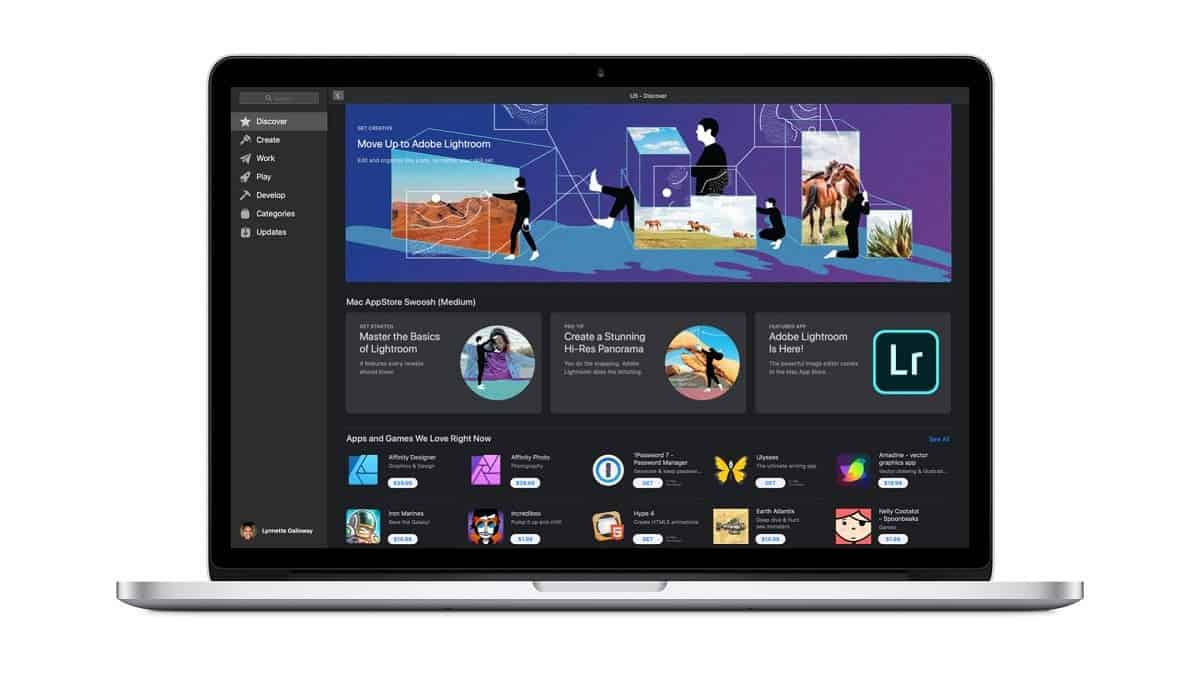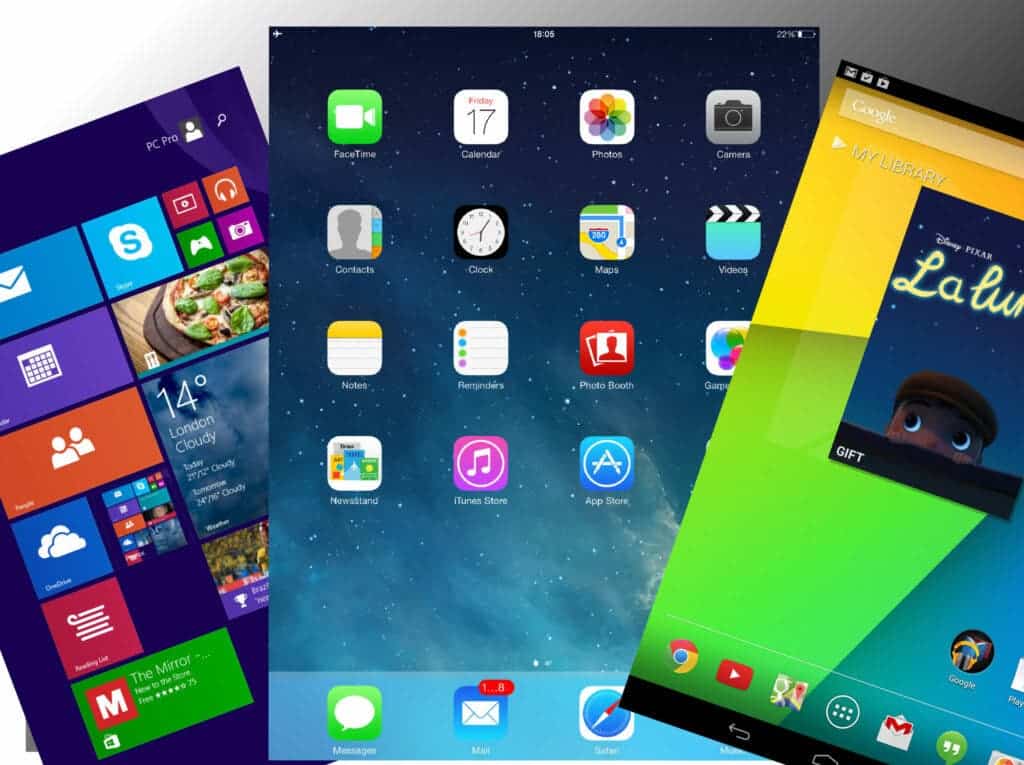A Single Flaw Broke Every Layer of Security in MacOS
Every time you shut down your Mac, a pop-up appears: “Are you sure you want to shut down your computer now?” Nestled under the prompt is another option most of us likely overlook: the choice to reopen the apps and windows you have open now when your machine is turned back on. Researchers have now found a way to exploit a vulnerability in this “saved state” feature—and it can be used to break the key layers of Apple’s security protections.
The vulnerability, which is susceptible to a process injection attack to break macOS security, could allow an attacker to read every file on a Mac or take control of the webcam, says Thijs Alkemade, a security researcher at Netherlands-based cybersecurity firm Computest who found the flaw. “It’s basically one vulnerability that could be applied to three different locations,” he says.
After deploying the initial attack against the saved state feature, Alkemade was able to move through other parts of the Apple ecosystem: first escaping the macOS sandbox, which is designed to limit successful hacks to one app, and then bypassing the System Integrity Protection (SIP), a key defense designed to stop authorized code from accessing sensitive files on a Mac.
Alkemade—who is presenting the work at the Black Hat conference in Las Vegas this week—first found the vulnerability in December 2020 and reported the issue to Apple through its bug bounty scheme. He was paid a “pretty nice” reward for the research, he says, although he refuses to detail how much. Since then Apple has issued two updates to fix the flaw, first in April 2021 and again in October 2021.
When asked about the flaw, Apple said it did not have any comment prior to Alkemade’s presentation. The company’s two public updates about the vulnerability are light on detail, but they say the issues could allow malicious apps to leak sensitive user information and escalate privileges for an attacker to move through a system.
Apple’s changes can also be seen in Xcode, the company’s development workspace for app creators, a blog post describing the attack from Alkemade says. The researcher says that while Apple fixed the issue for Macs running the Monterey operating system,…





